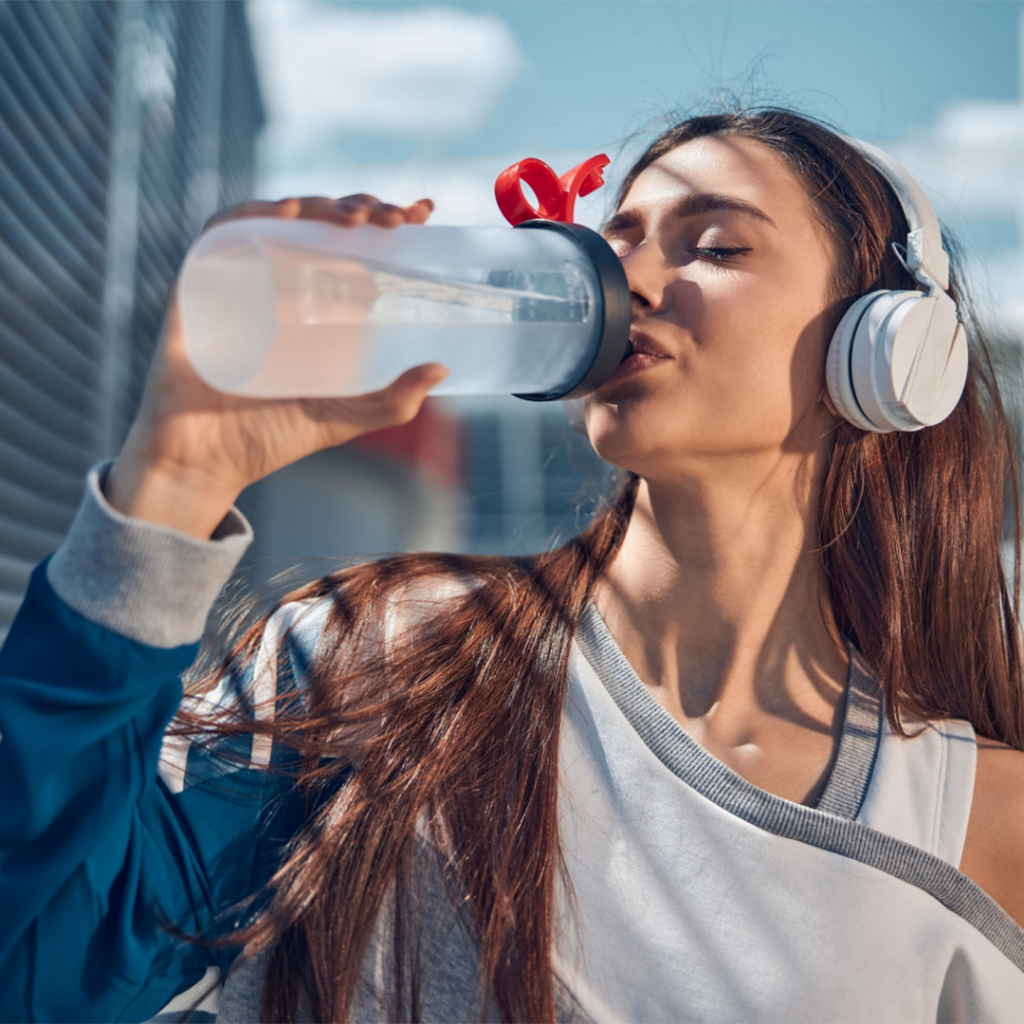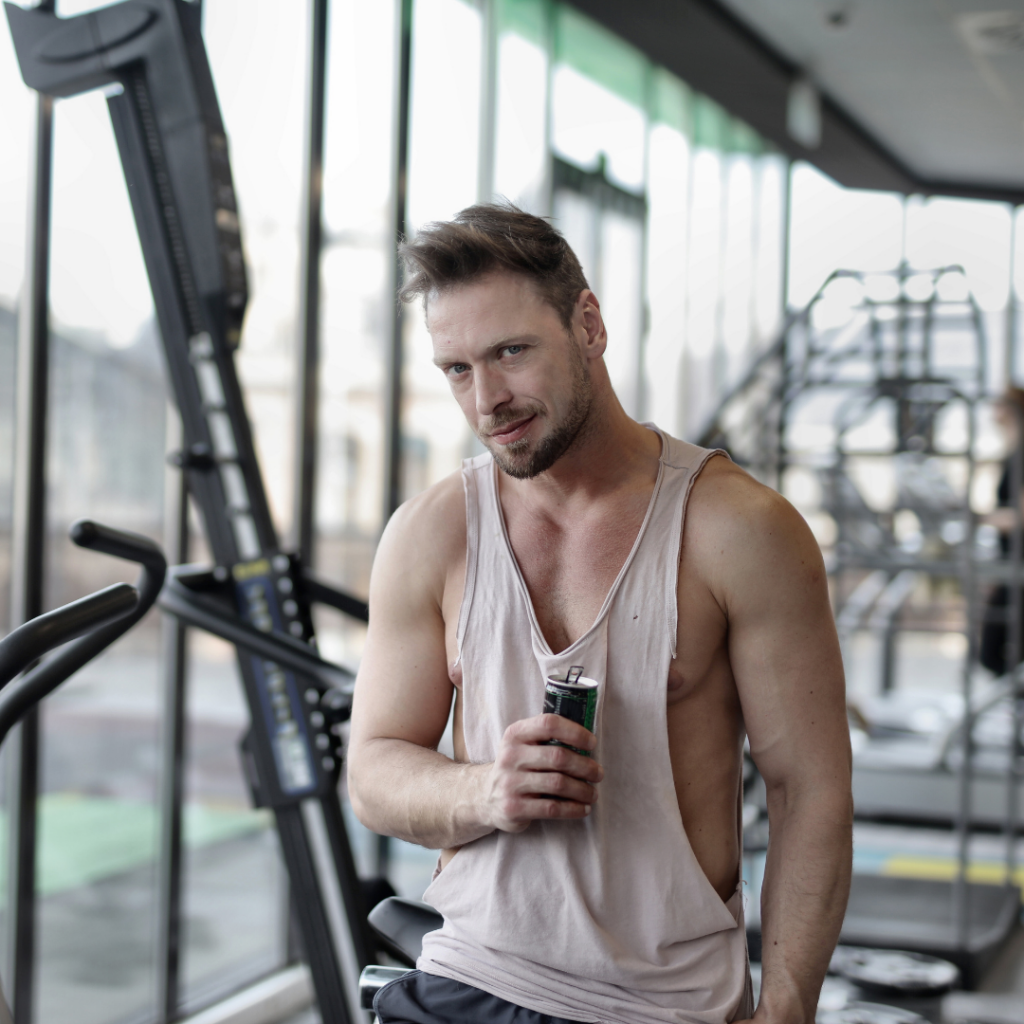Sports activity in summer: what is the best and what to avoid?
Summer has started relatively intense and the hot summer days call us to do all the possible things, but not active sports. Who would want to run when it’s 35’C outside and the sun is shining like crazy? Is it at all healthy to do sports in such weather? Or is it safe? We have researched a super up-to-date topic for you – sports activity in summer. Read more about how to manage the sports even in this season and what you should (not) do.
How thermoregulation of the human body works
Exercise and any physical activity raise our body temperature. Therefore, summer sports can be much more intense than we think. Although our body has a built-in system of thermoregulation and cooling, we can adapt to heat and heat waves. The result is sweating. However, our system is not perfect either, and if we are exposed to burning heat for too long, it will simply fail. Failure of thermoregulation can result in exhaustion and fatigue. It often manifests itself because you feel that this step will be your last and you can do no more. Sunburn is often added as an extra symptom, especially if the top of your head is exposed to direct sunlight without any protection.
High humidity is also dangerous because sweat does not evaporate automatically but remains “stuck” to the skin. If the skin does not evaporate, it cannot even cool down and your body temperature can reach high values.
Lots of water and fluids – feel free to practice sport even in summer
It will be beneficial for the body if you supply it regularly – with a sufficient amount of water. Our body is made up of 50-60% of the water content, so we must keep this percentage constant. During physical activity, especially exercise and sports, we tend to lose 2-3%, especially on hot days.
It is not ideal for drinking a lot of fluids before physical activity itself; you better prefer a piece of fruit, which is also loaded with water – a piece of melon, apple or orange is especially recommended if you prefer vegetables carrots or celery sticks will serve well. In addition to water, fruit and veggies will also help you maintain a stable electrolyte level, so sports will no longer be a pain for you in the summer. During exercise, add water to the body every 20 minutes; the ideal amount is 2dl. After exercise, drink even more – a minimum of 1 liter, of course, not all at once, but divided into smaller doses.
How do I know that I drink enough?
There are quite a few ways; we recommend the most accurate – “stop by” at the toilet and check the color of your urine. If it is slightly yellow and reminds you of lemonade, you are just hydrated well. However, if it is darker and has the color of apple juice, for example, it means that you have too little liquids in your body and it needs to be replenished. Sports in summer seem like rocket science, don’t they?
But keep in mind that some medications and supplements also change the color of your urine, and it has nothing to do with how much you drink. However, suppose you follow the rule that you drink 0.3 liters of water for every 20 minutes of physical activity. In that case, your hydration should not fall below the risk level.
Is it hazardous to drink too much water?
Our grandmothers used to say, “Don’t drink so much water because you will drown yourself.” In a certain way, they were right because just as we can be dehydrated, we can be overhydrated too. If you “hydrate” the body with an excessive amount of fluids, you can cause yourself a problem called hyponatremia. In other words, a reduced level of sodium in the blood, which can unexpectedly endanger your body.
And what about the sports drinks? No need to overdo it as well. You should consider sports drinks as an alternative if you have plus or minus the ideal weight and exercise for a longer time at a higher intensity. Be sure to find a better alternative and, if not necessary, do not drink them. They are full of calories and you can intake twice as much empty calories as you could sweat out. Pieces of fruit and vegetables perfectly supply the body during exercise. There is no need to add unnecessary sports drinks with useless calories.
Avoid noon and dark clothes while doing sports
If the temperature outside is higher than the usual standard, be a bit more cautious about sports in summer. Don’t start at the pace you are used to; you could end up with different results. Be aware that you will not partially do everything you are used to – running, walking, marathon. Heat and increased humidity directly suck the energy out of us at the speed of light. If you are used to running, enjoy a brisk walk. If you are used to a brisk walk, take a leisurely pace walk. If you suffer from health problems, add a consultation with your doctor. And of course, we do not exercise in black clothes in direct sunlight, do we?
Summer is a beautiful time, which we are all looking forward to. In addition to the positives, however, it also has apparent negatives sides as well. But it depends on the point of view. Look at the bright side of life and swap active sports in the summer to jump into the pool and more relaxation and relaxing activities. After the summer is over – and that can be very soon – you will have a lot of time to catch up with everything you missed.
We look forward to seeing you again, dear friends, with another interesting article
Sincerely, Virtual Championship Team





